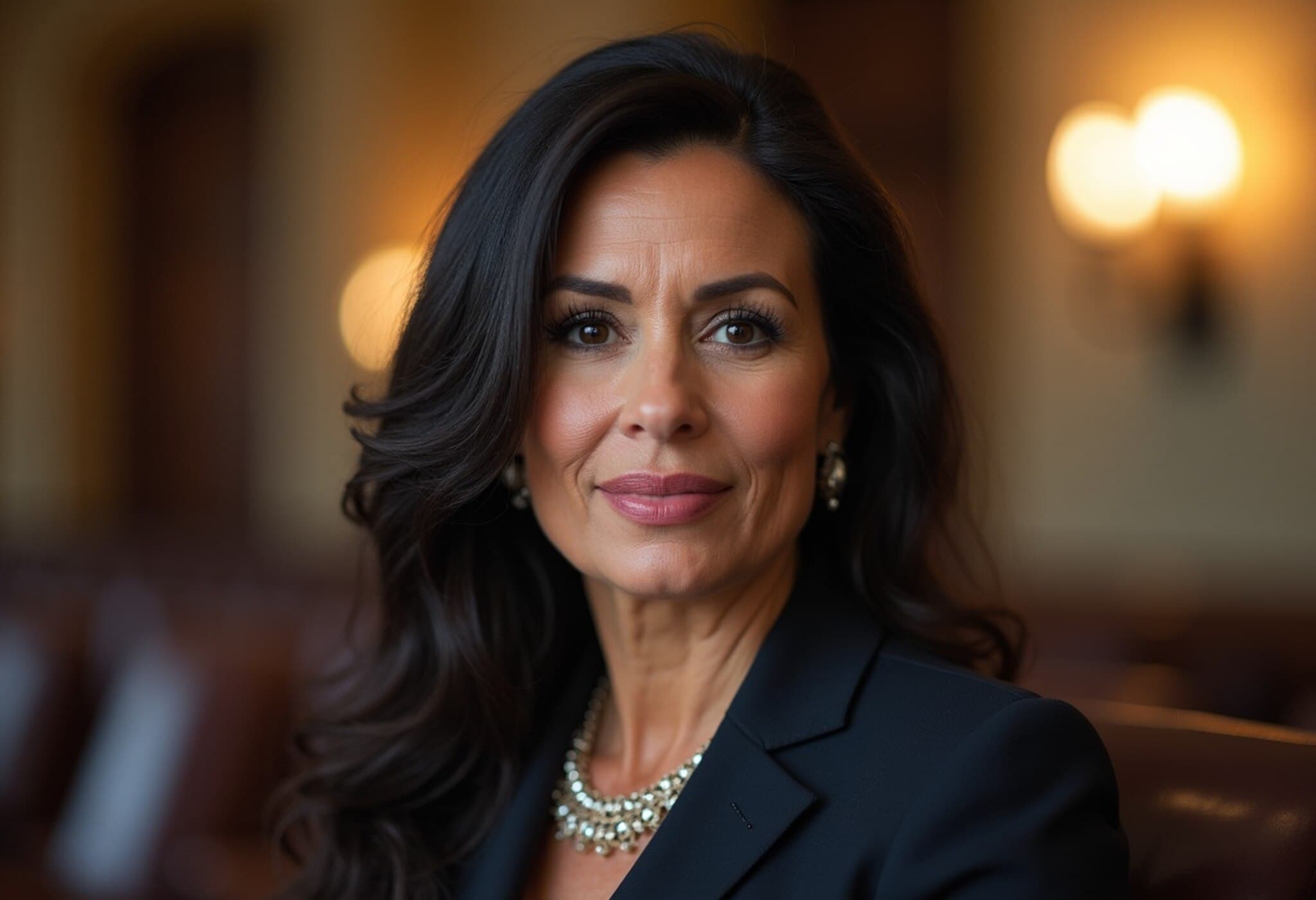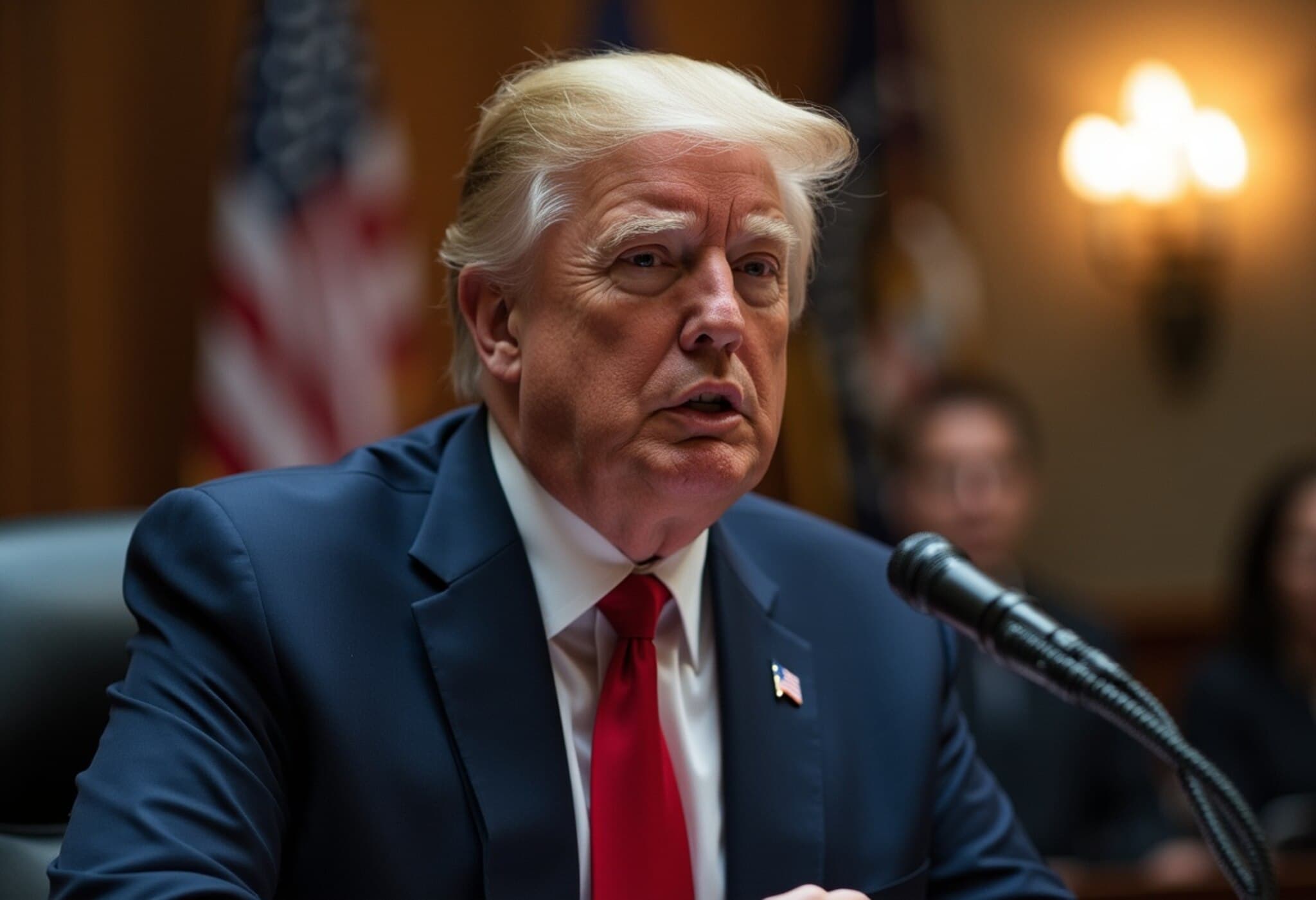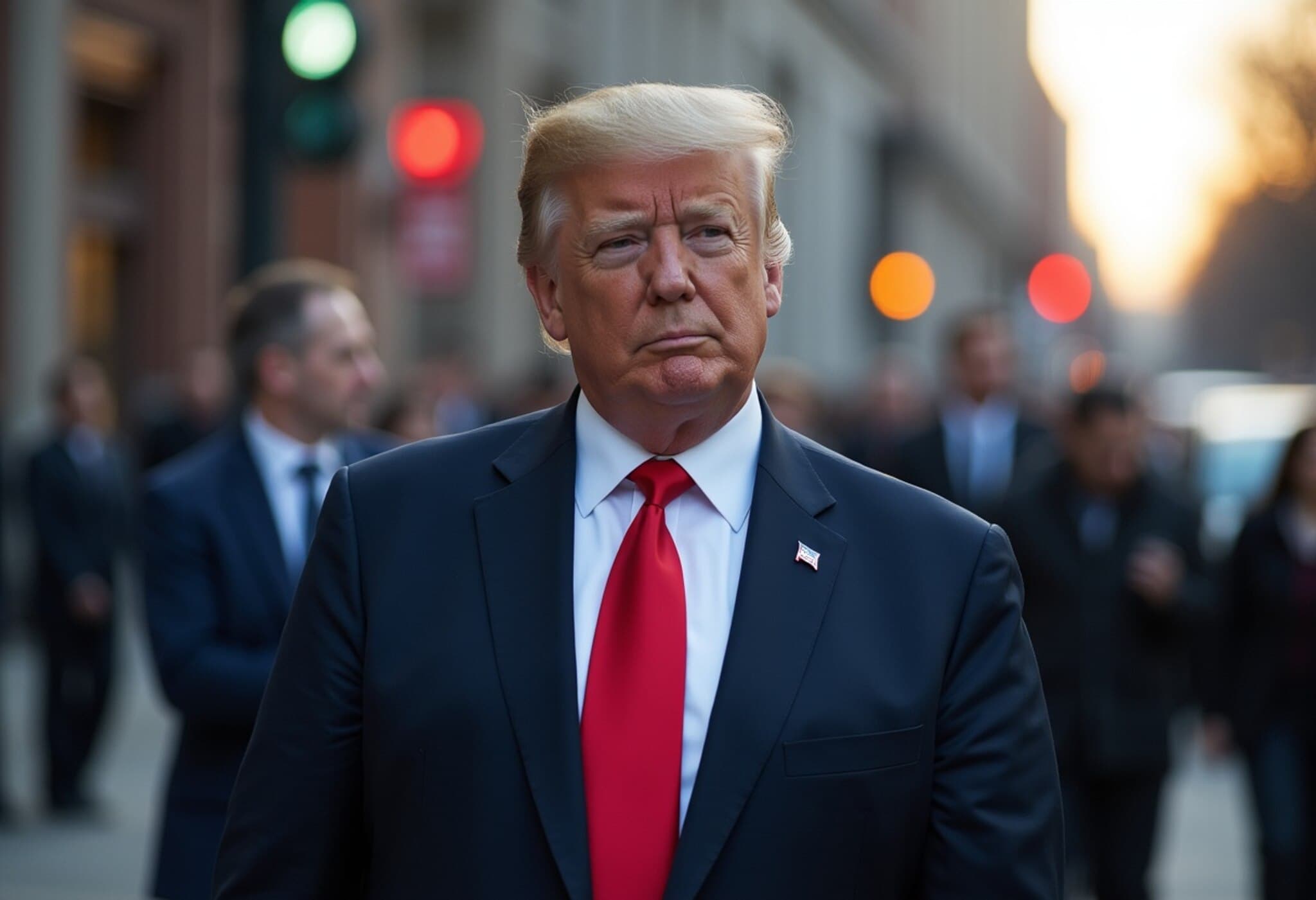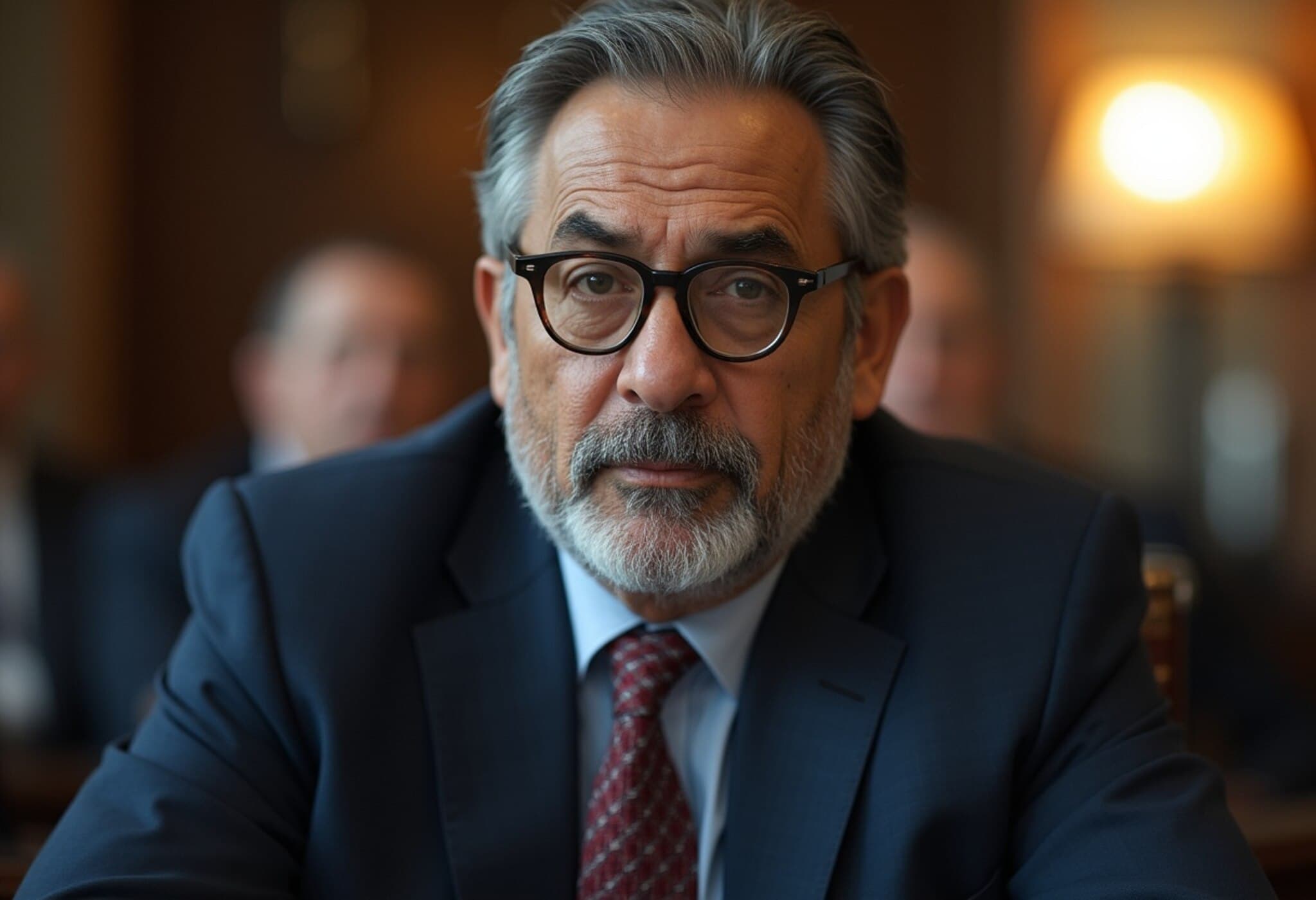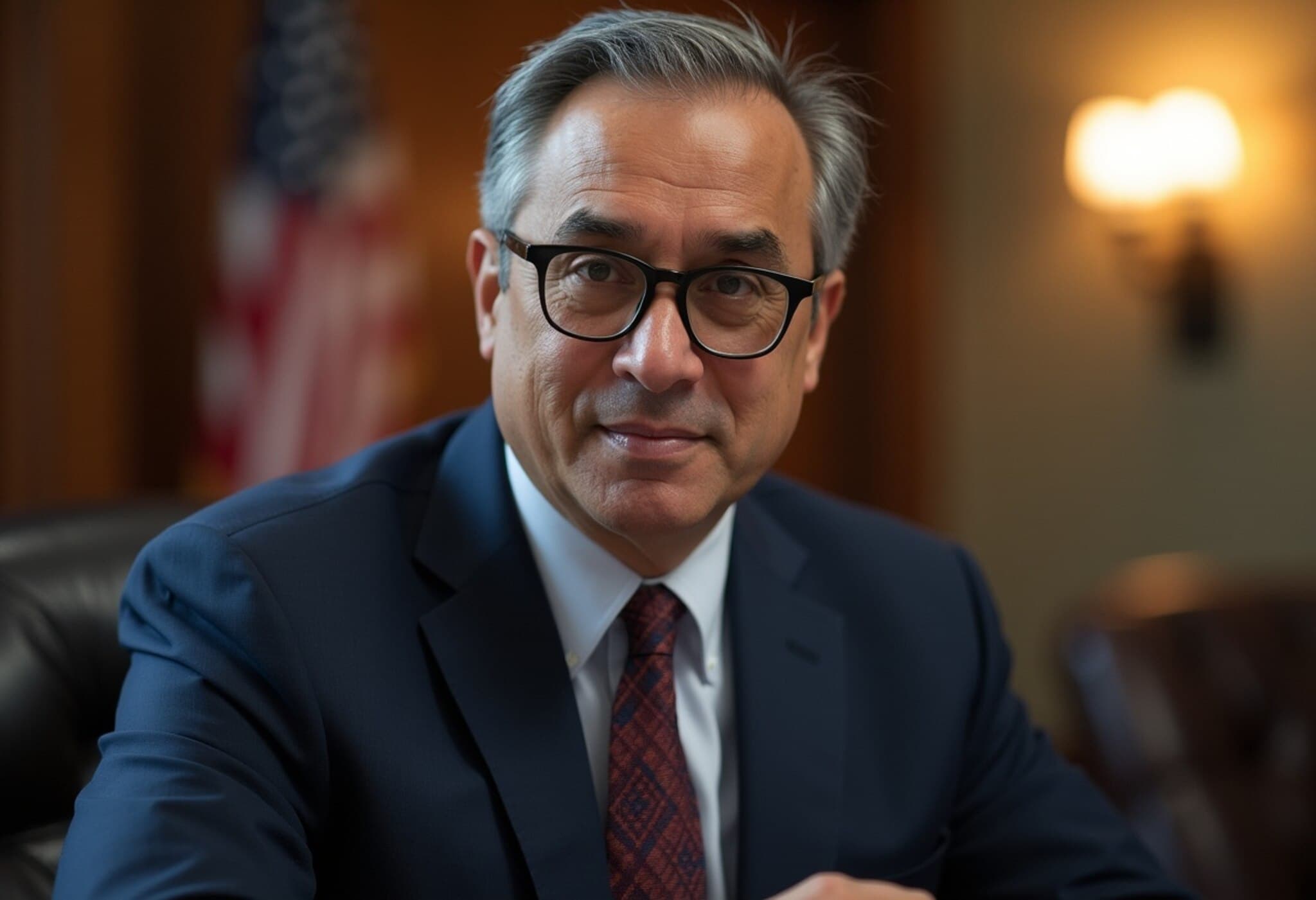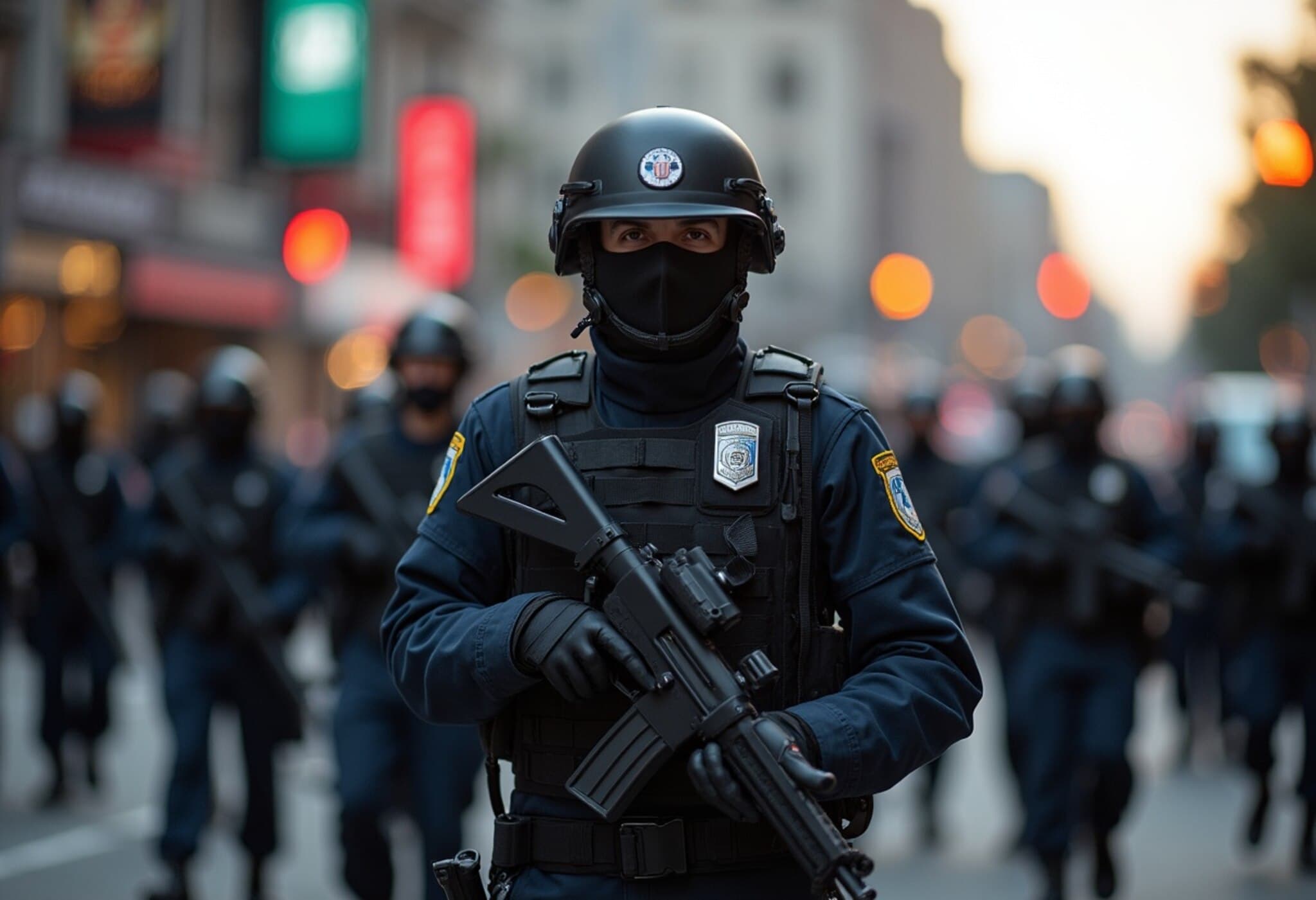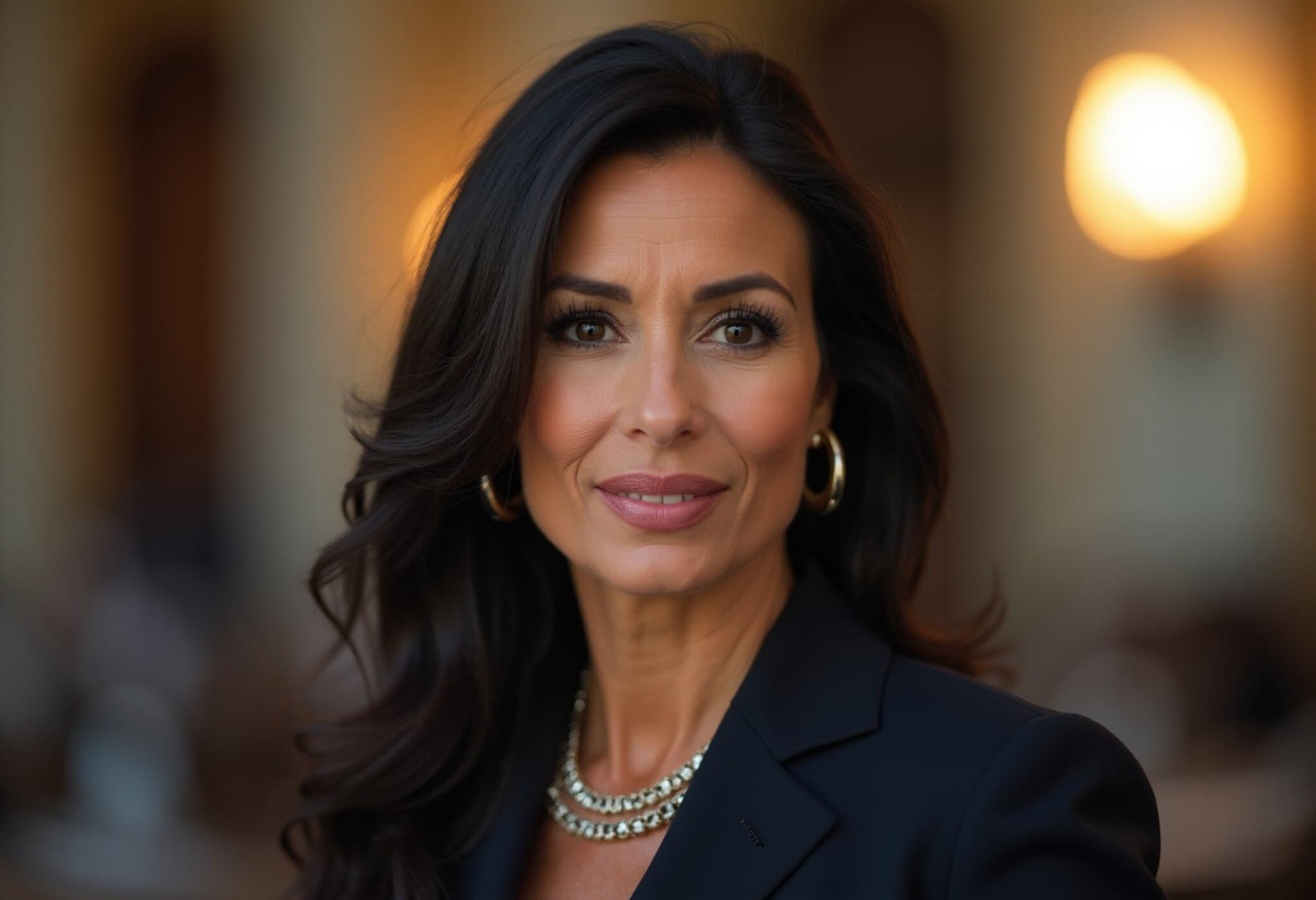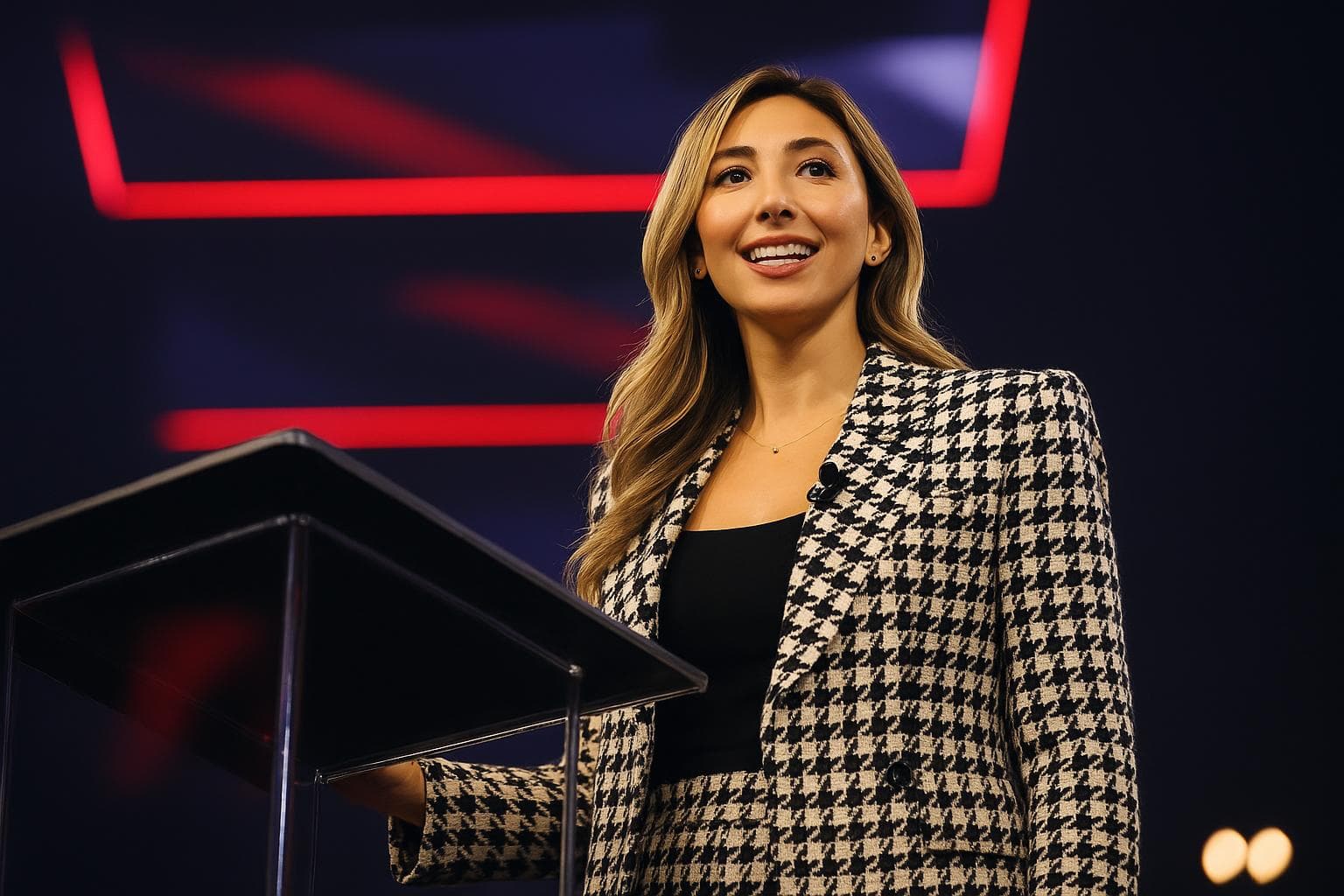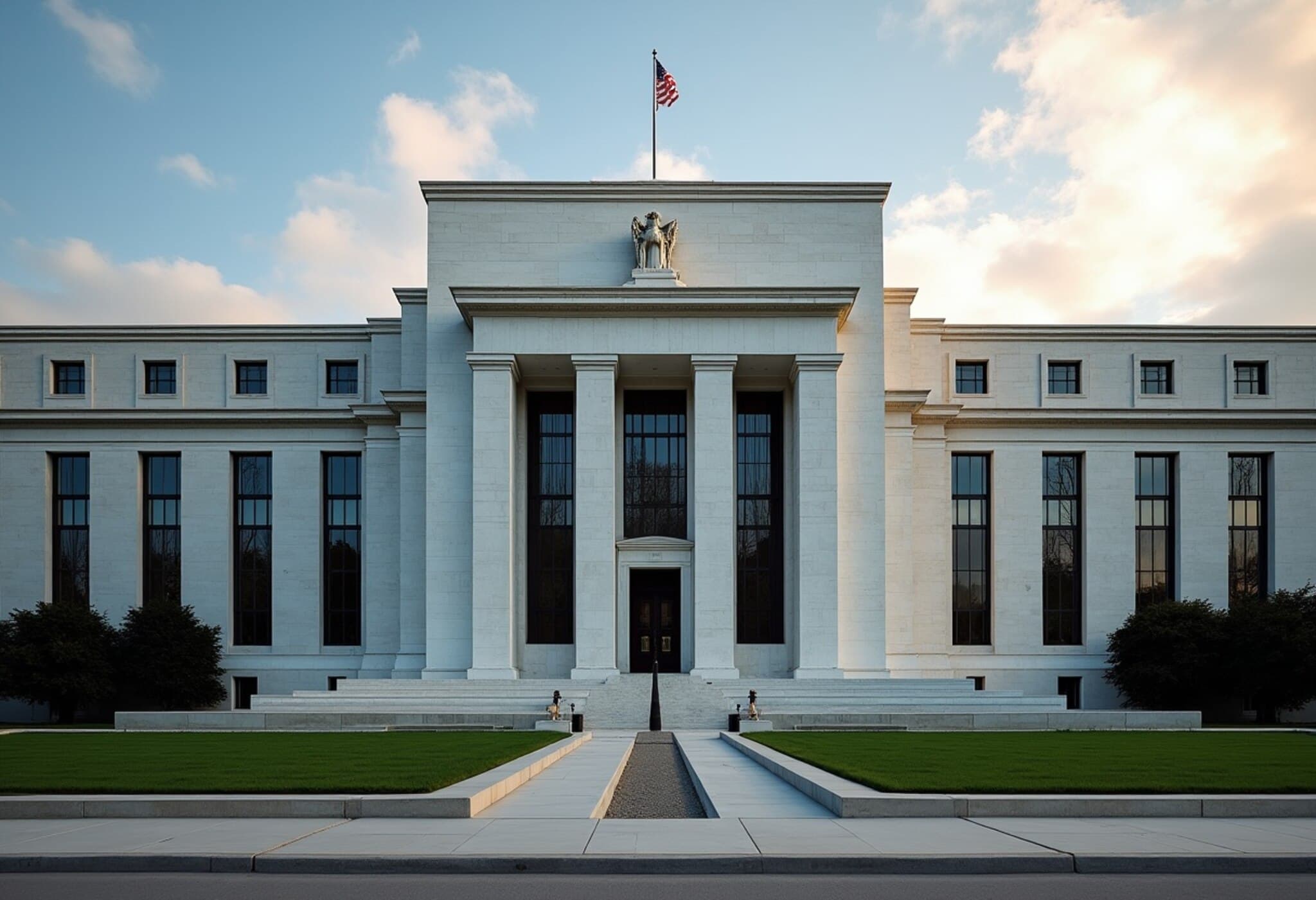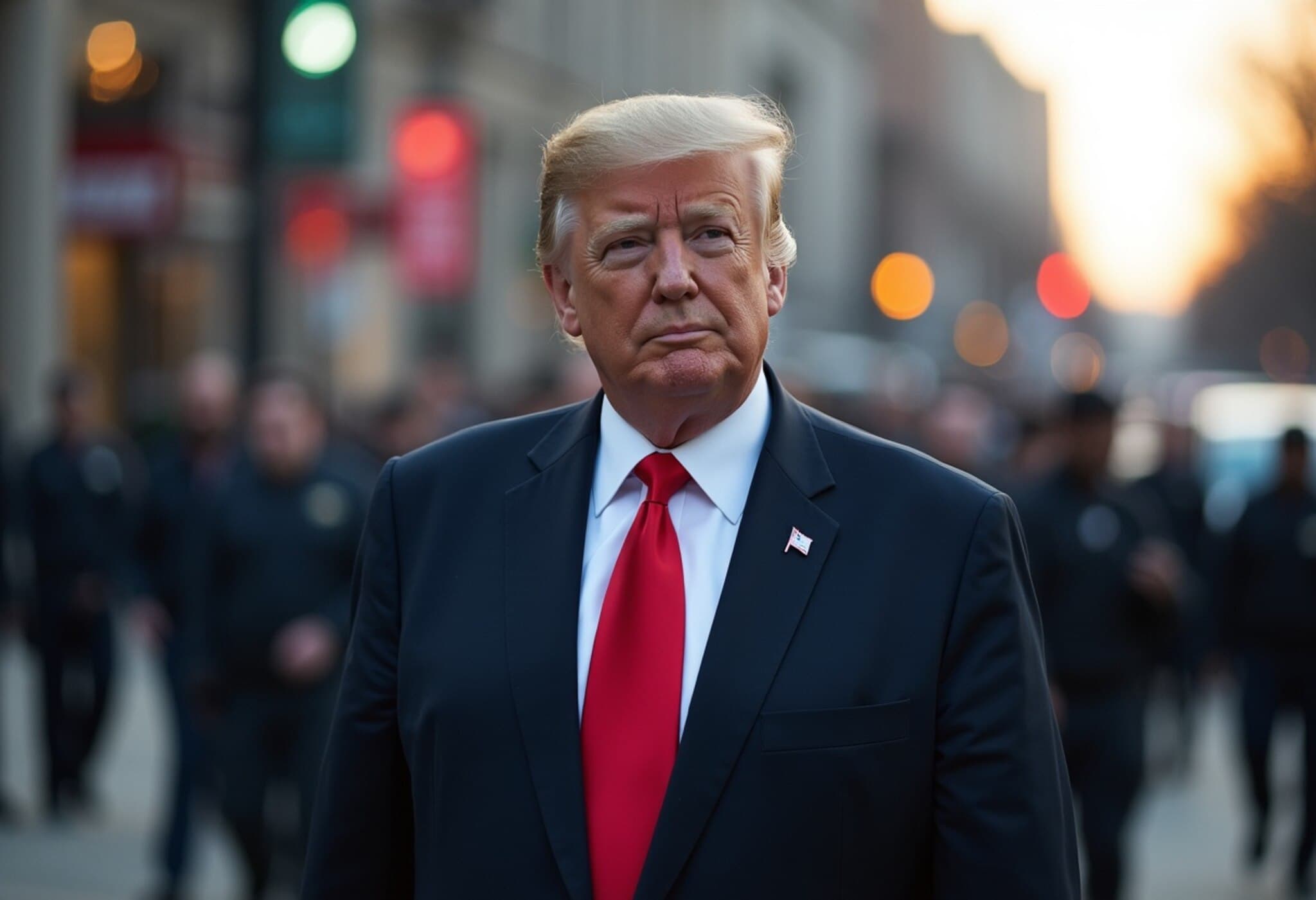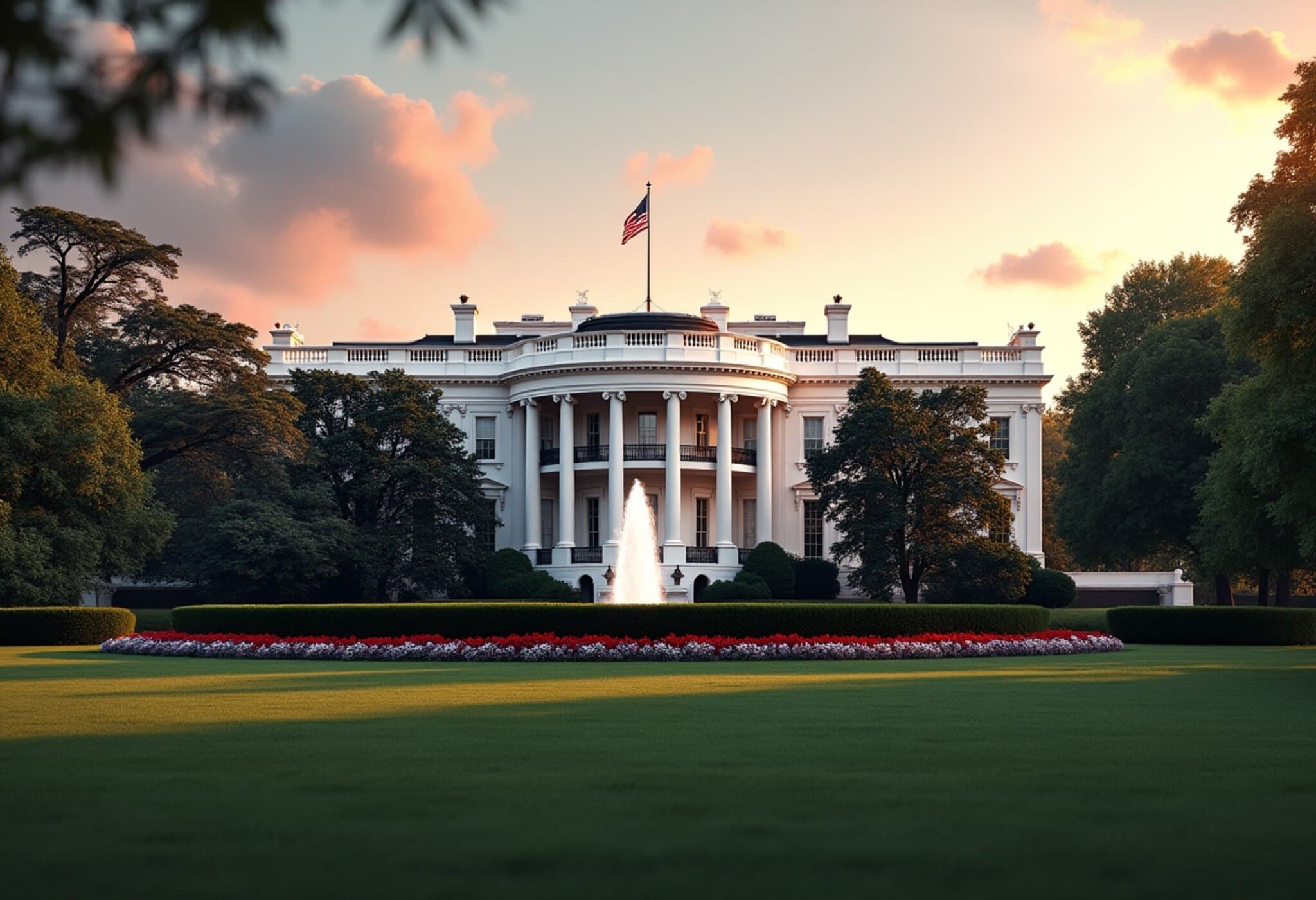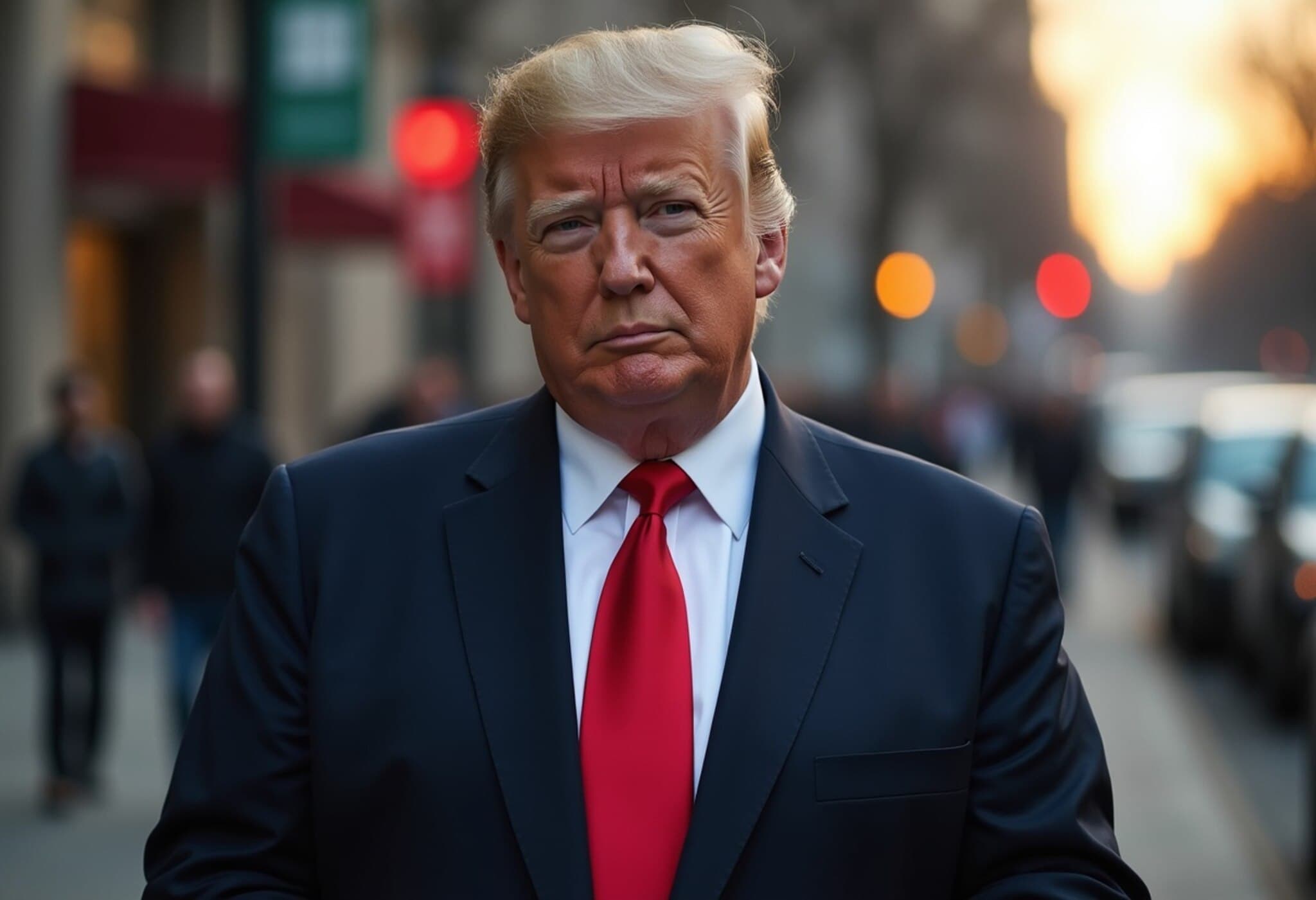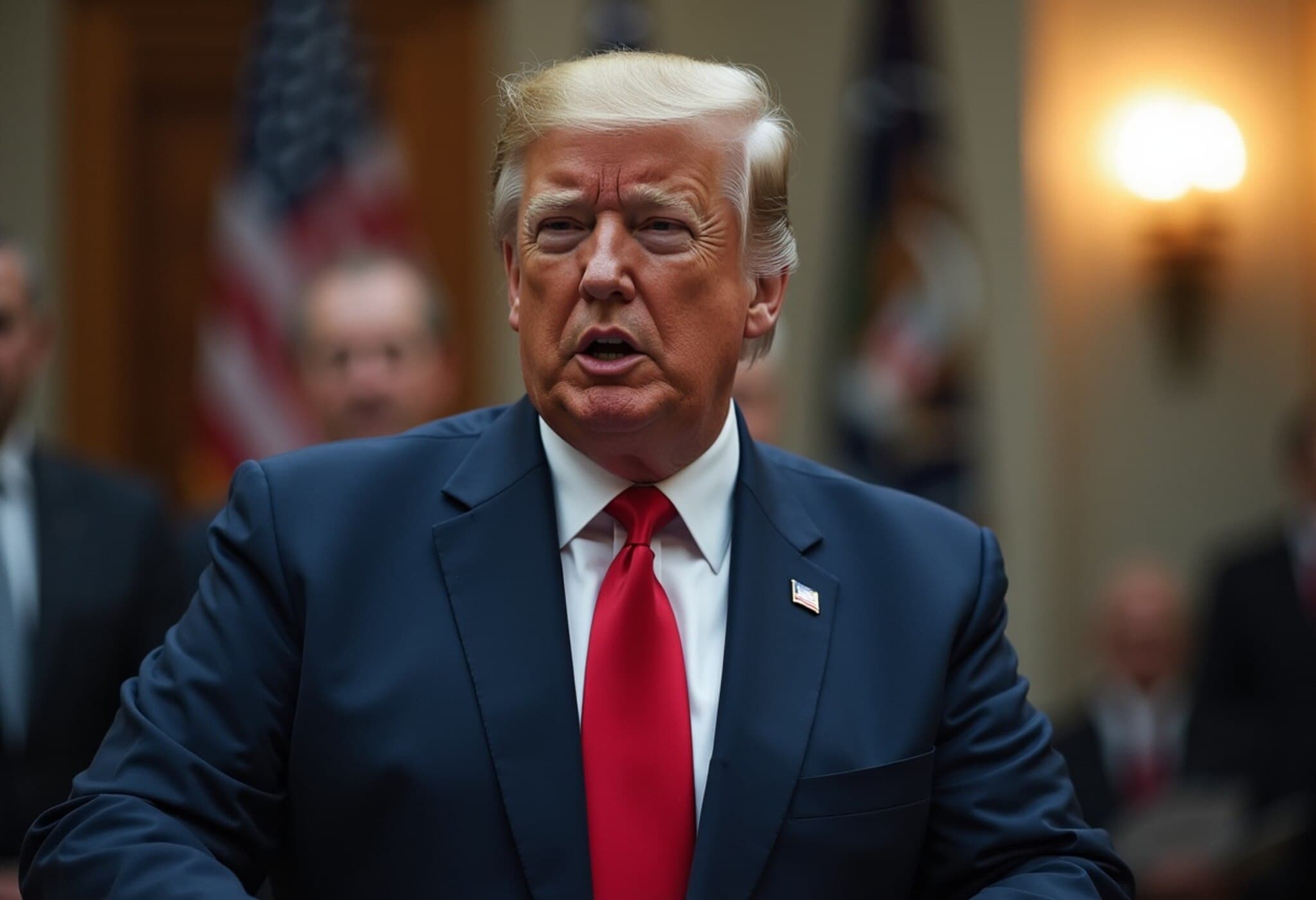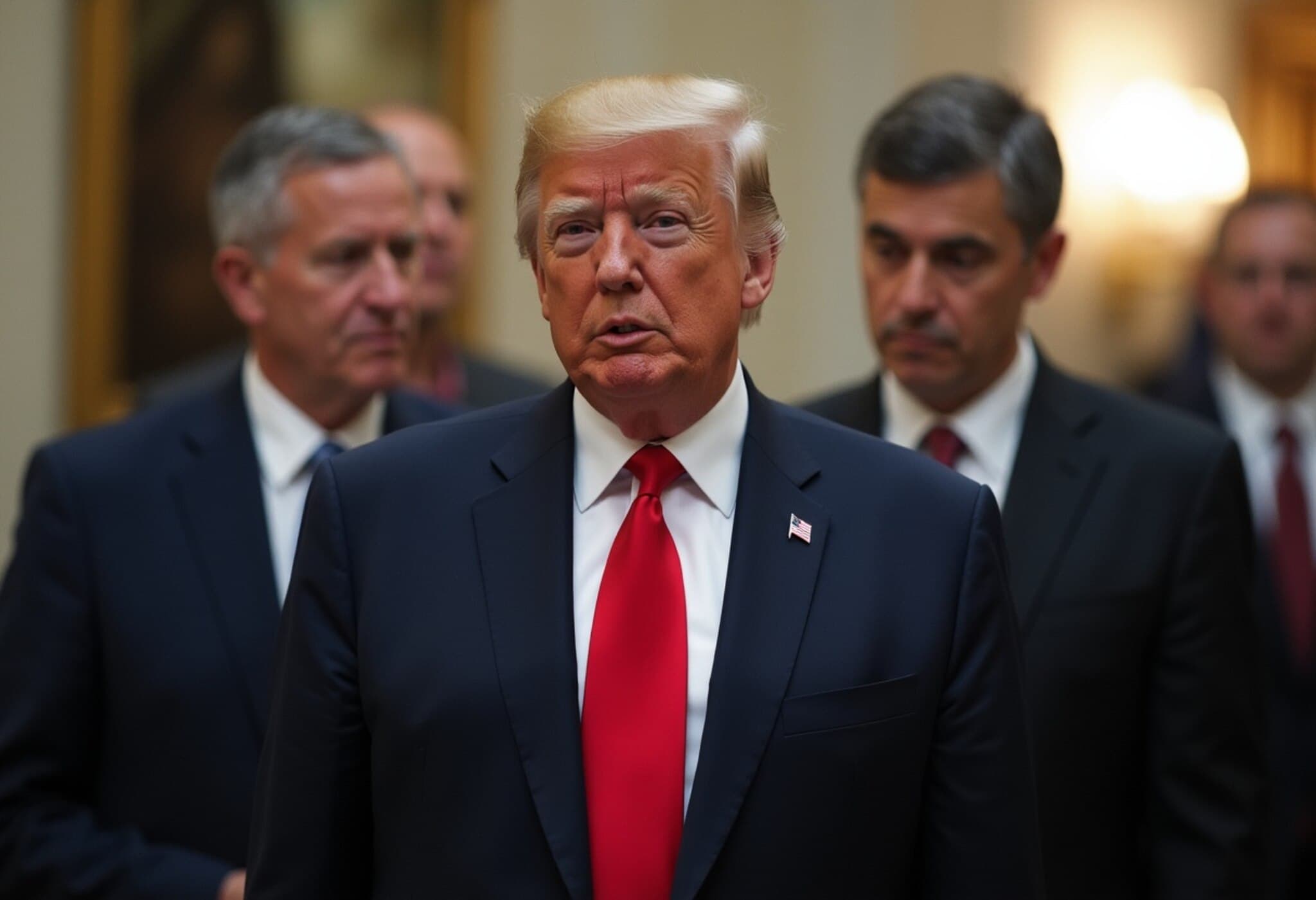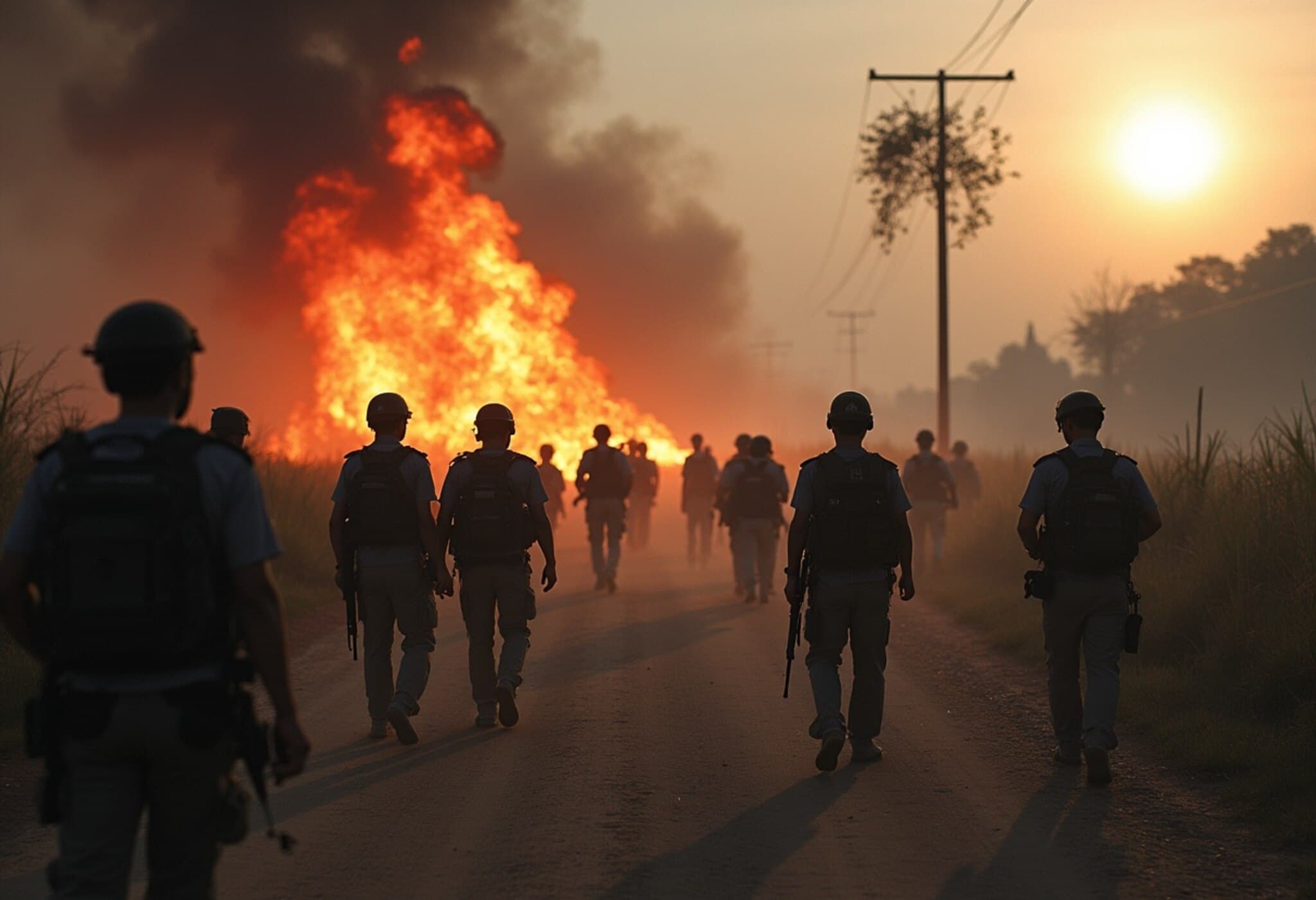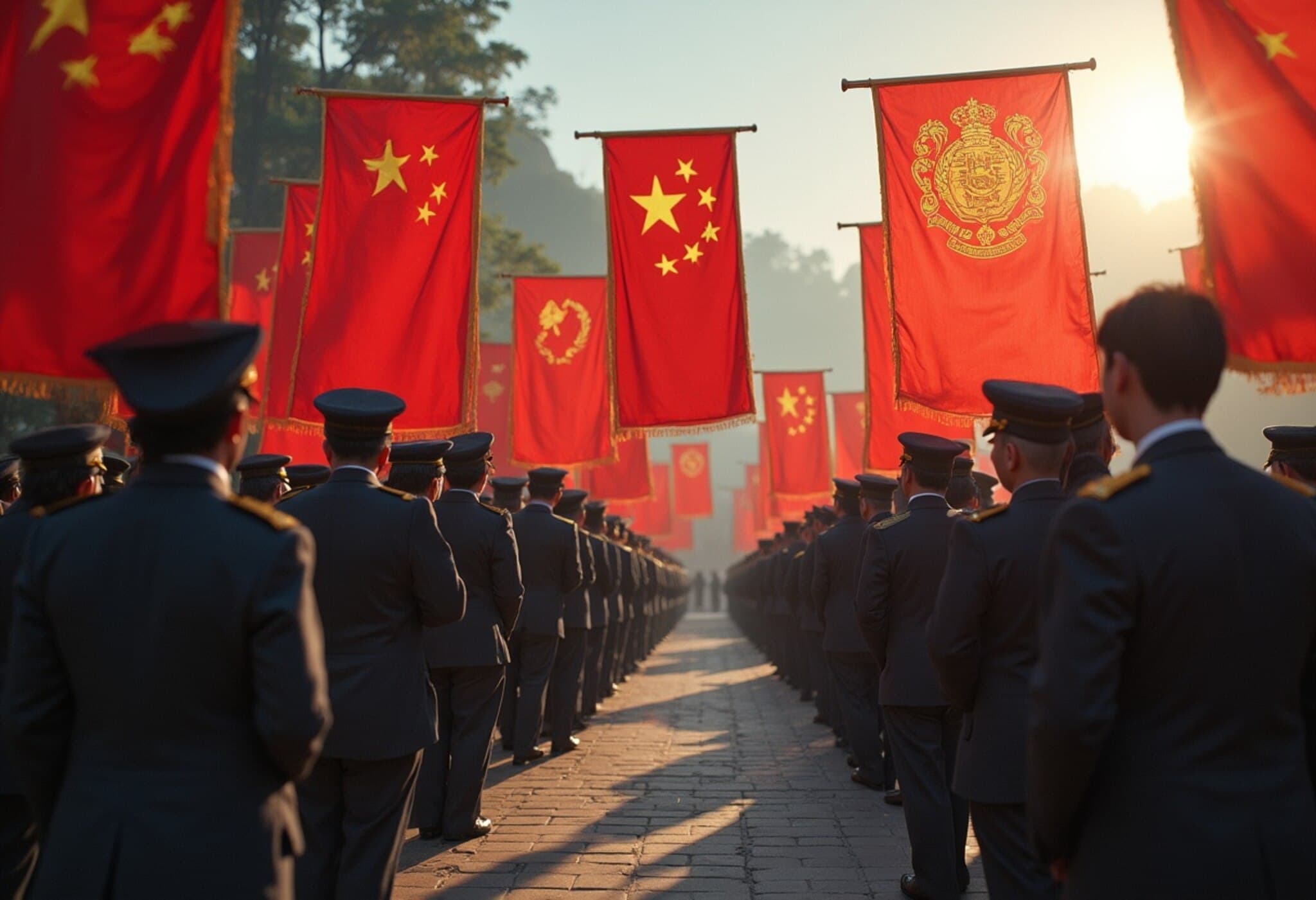Senate Confirms Jeanine Pirro as Chief Federal Prosecutor for D.C.
In a closely watched and somewhat contentious vote, the U.S. Senate has confirmed Jeanine Pirro, former Fox News host and seasoned legal professional, as the interim U.S. Attorney for the District of Columbia. The confirmation tally stood at a narrow 50-45, highlighting the polarized political climate surrounding this key federal appointment.
From Television to the Courtroom: Pirro’s Legal Journey
Before transitioning into television punditry, Pirro built her career as a prosecutor and judge in Westchester County, New York. She graduated from Albany Law School in 1975 and went on to become a three-term district attorney and a county court judge. Her extensive courtroom experience sets her apart, particularly in contrast to her withdrawn predecessor, Ed Martin Jr., who had no prosecutorial background prior to his nomination.
Background and Political Context
Pirro stepped in as acting U.S. Attorney in May 2025 after President Trump withdrew Martin’s nomination amid growing controversy. Martin’s outspoken defense of the January 6 Capitol riot attendees sparked bipartisan concern, including from a crucial Republican senator whose opposition ultimately forced the withdrawal.
Known for her staunch conservative stances and close ties to former President Trump, Pirro frequently appeared on Fox News, including as a co-host of the evening program "The Five." Her media presence often involved interviews with Trump, further accentuating her alignment with the former president’s political circle.
Legacy and Legal Challenges
Pirro’s ascent comes amidst notable legal scrutiny. In 2021, Smartmatic USA, a voting technology company, filed a substantial $2.7 billion libel lawsuit against Fox News, Pirro, and others. The suit alleges that they propagated false claims that Smartmatic was involved in rigging the 2020 presidential election — accusations that have been broadly debunked but have fueled lingering divisions in American politics.
Adding to the complex backdrop, near the end of Trump’s presidency, Pirro’s ex-husband, Albert Pirro, received a presidential pardon. He had been convicted of conspiracy and tax evasion in 2000, a detail that some critics have pointed to amid broader questions about political patronage and accountability.
Senate Judiciary Committee’s Role and Partisan Tensions
Last month, Republicans on the Senate Judiciary Committee advanced Pirro’s nomination with unanimous support, occurring during a dramatic Democratic walkout protesting another judicial nomination. This episode underlined the intense partisan battles permeating judicial and prosecutorial appointments across the federal government.
What This Means for Law Enforcement in D.C.
As the top federal prosecutor for the nation’s capital, Pirro holds immense responsibility overseeing high-profile cases, including those touching on national security, political corruption, and civil rights. Her legal philosophy and political affiliations will inevitably influence prosecutorial priorities and the Justice Department’s approach in a city central to America’s democratic framework.
Experts note that her courtroom background could bring robust prosecutorial expertise to the role but caution that her partisan media history might complicate efforts to maintain the office’s apolitical integrity. This tension reflects a broader national debate about the politicization of federal law enforcement roles.
Looking Ahead: Questions for the New U.S. Attorney
- How will Pirro balance her conservative political ties with the need for impartial justice in a uniquely sensitive jurisdiction?
- What approach will she take toward ongoing investigations related to Capitol security and election integrity?
- Can her tenure restore confidence in the U.S. Attorney’s office amid national concerns about fairness and accountability?
Editor’s Note
The confirmation of Jeanine Pirro as U.S. Attorney for the District of Columbia is emblematic of the increasingly complex intersection between law, politics, and media in America’s judicial landscape. Her diverse background — from seasoned prosecutor to polarizing media figure — brings both expertise and controversy. Observers should watch closely how her leadership shapes the city’s legal priorities and the broader federal justice system. This appointment raises essential questions about political influence in our nation’s justice institutions and whether they can uphold impartiality in an era marked by intense division.

